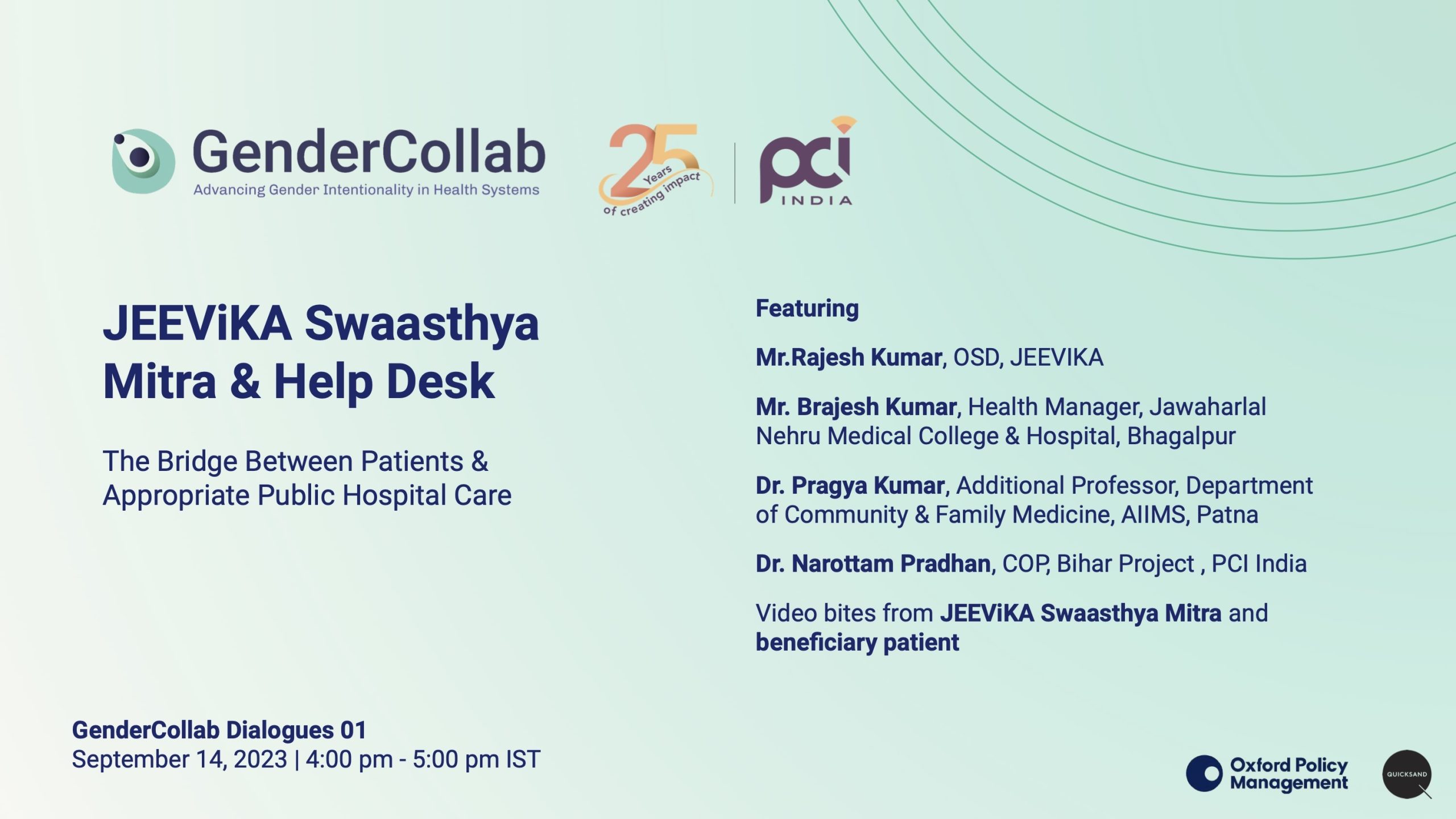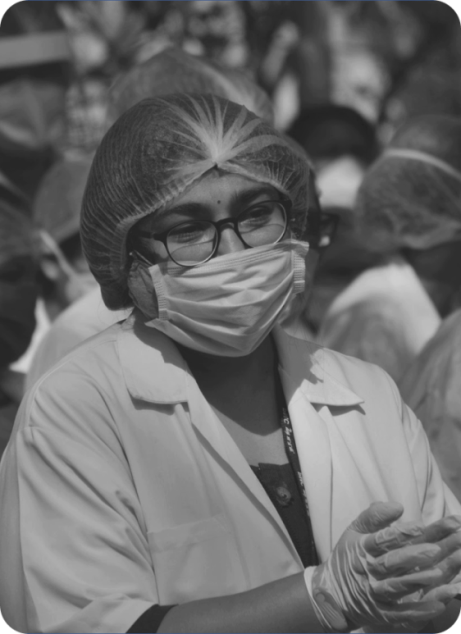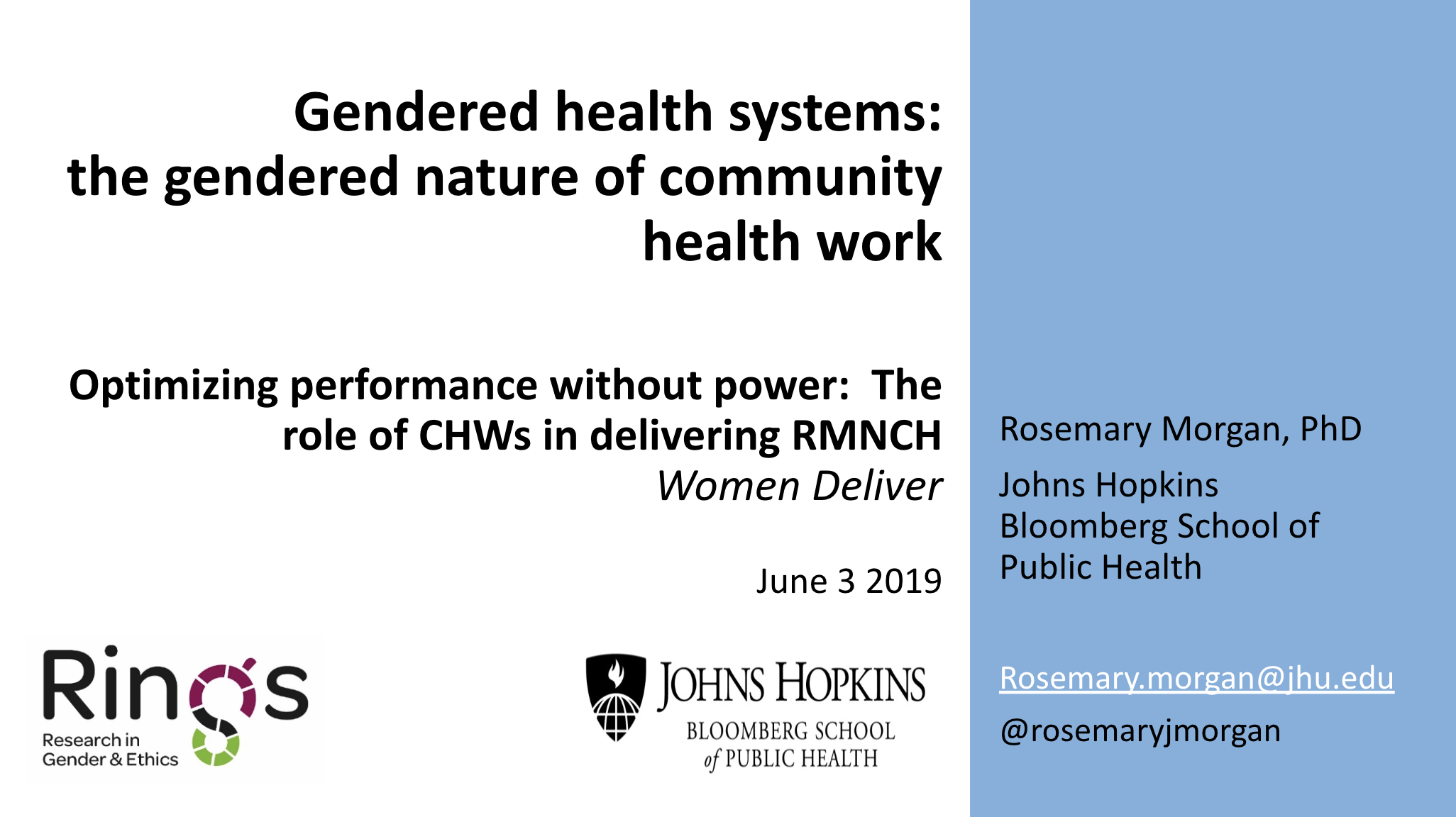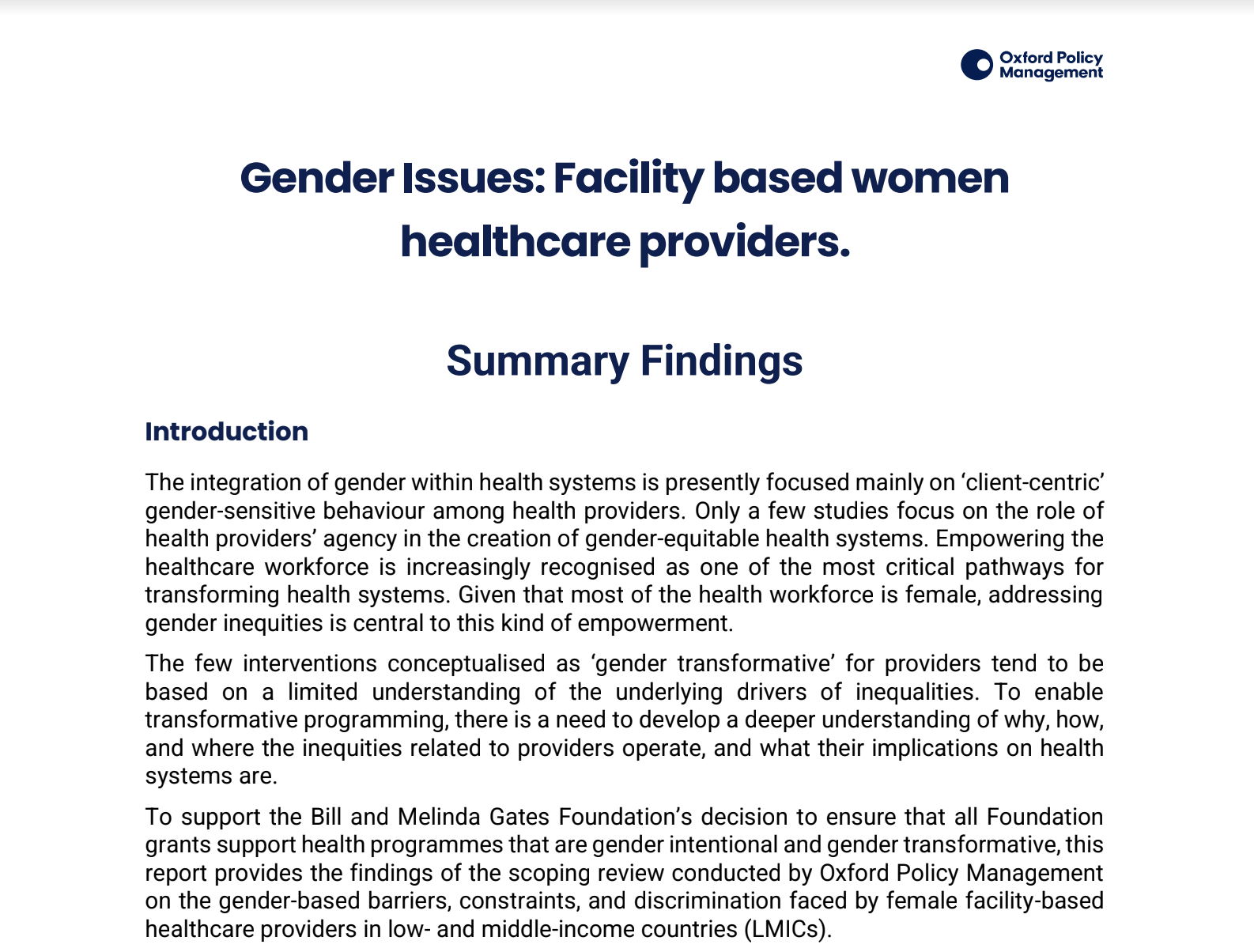JEEViKA Swaasthya Mitra & Helpdesk | GenderCollab Dialogues 01 Summary
Quicksand Design Studio

See the event recording here.
On September 14th, GenderCollab held its first session as part of the GenderCollab Dialogues series, where JEEViKA (Bihar Rural Livelihoods Mission), JN Medical College, Bhagalpur, AIIMS Patna and PCI India presented a unique intervention - the JEEViKA Swaasthya Mitra & Helpdesk. The event featured speakers including Mr Rajesh Kumar(OSD, JEEViKA), Mr Brajesh Kumar (Health Manager, Jawaharlal Nehru Medical College & Hospital, Bhagalpur), Dr Pragya Kumar (Additional Professor, Department of Community & Family Medicine, AIIMS, Patna), who shared their experiences in implementing JEEViKA Swaasthya Mitra & Helpdesk. This was followed by video bytes from JEEViKA Swaasthya Mitras and beneficiary patients as well as a Q&A moderated by Dr Narottam Pradhan (COP, Bihar Project, PCI India).
The session aimed to showcase various aspects of the Swaasthya Mitra program, as a bridge between patients & appropriate public healthcare.
About JEEViKA Swaasthya Mitra
JEEViKA Swaasthya Sahayta Kendra (JSSK) is a women’s collective managed help desk set up at tertiary health facilities to provide timely on-the-spot patient assistance. JEEViKA’s Swaasthya Sahayata Mitra has become a bridge of friendship between patients, the hospital staff, and management.
The session
Over the years the healthcare sector has invested in supply-side improvements such as building hospitals and labs, but has struggled to address the concerns of the demand side, especially for persons and families from marginalised backgrounds who find it challenging to access healthcare services. The JEEViKA Swaasthya Mitra & Help Desk is an opportunity to improve the quality of healthcare services, by enabling a patient friendly care in public hospitals, and by providing support to people in accessing and navigating the healthcare system.
In collaboration with AIIMS Patna, PCI India developed training modules for the Swaasthya Mitras to improve communication with patients in distress and provide compassionate support to access services at healthcare facilities. Additionally, Swaasthya Mitras received information about various departments at the healthcare facility to enable them to facilitate smooth collaboration among staff members. These efforts aim to reduce waiting times for patients receiving care, and foster trust and compassion in government healthcare facilities.
“Initially, I had concerns about whether JEEViKA Swaasthya Mitra would be able to deliver services effectively. However, seeing their work in the healthcare facility, especially when they handled serious cases, gave me confidence in their contribution to the healthcare system.”
- Mr Brajesh Kumar, Health Manager, Jawaharlal Nehru Medical College & Hospital, Bhagalpur
Mixed method study on JEEViKA Swaasthya Mitra
Dr Pragya Kumar shared findings from a mixed-method study conducted by AIIMS Patna to evaluate the intervention’s impact on SHG families' access to treatment at secondary/tertiary facilities. The study was conducted at two locations, Jawaharlal Nehru Medical College and Hospital, Bhagalpur, and the District Hospital, Jamui. Some key findings from the study include the following:
- The Swaasthya Mitras play a crucial role in helping individuals navigate the intricate healthcare system, where treatment initiation can often experience delays. Furthermore, there is a widespread fear of mortality stemming from the healthcare facilities' unfavourable image. These difficulties are exacerbated by communication gaps between medical professionals and patients, ultimately resulting in inadequate follow-up and care.
- The deployment of Swaasthya Mitras at the helpdesk has several implications. It has led to women’s empowerment through their professional growth and enhanced job satisfaction. By embracing the role of an ‘all-rounder’ and overcoming communication barriers, they have gained familial and social recognition, ultimately enabling women patients to make independent decisions without depending on their husbands and families.
For patients, this deployment has resulted in benefits such as timely initiation of treatment, regular follow-ups, and a decrease in out-of-pocket expenses for patients. Additionally, there is now increased trust in government healthcare facilities among patients.
Notwithstanding the promise of success, Dr Kumar noted that the Swaasthya Mitra helpdesk has faced challenges including poor quality of record maintenance, no nighttime coverage, and a lack of awareness among the service providers about the services offered by Swaasthya Mitras.
To improve the existing services, Dr Kumar suggested the following steps that can be taken;
- Regular communication and integration of Swaasthya Mitras into staff meetings at the facility.
- Enrol more Swaasthya Mitras to reduce the current workload.
- Provide refresher training for Swaasthya Mitras, building off their current experiences.
- Provide incentives to boost the morale and motivation of Swaasthya Mitras at work.
Open Discussion
What has been the response from ASHAs and ANMs regarding JEEViKA Swaasthya Mitra?
Since this is a relatively new initiative, most ASHAs and ANMs are not yet familiar with JEEViKA Swaasthya Mitras. Some ASHAs have been reported to be apprehensive about the Swaasthya Mitras— thinking that they take away from their incentives. However, when they see that they are not a threat to their incentives and instead are helping them in the healthcare system, their apprehensions are put to ease.
How do Swaasthya Mitras get compensated for their work?
Swaasthya Mitras are compensated on a per-day basis following government guidelines for high skilled labour costs.
If you wish to know more about JEEViKA Swaasthya Mitra, please reach PCI India rkumar@pciglobal.in or JEEViKA (pm.hn@brlps.in).
About GenderCollab Dialogues
GenderCollab Dialogues provide a space for network members to convene informally, allowing them to discuss, share, and learn from each other regarding their studies, methodologies, findings, and challenges.
Since these sessions are co-created with members, anyone interested in proposing or hosting a session can do so by contacting us at contactus@gendercollab.in.


